detail profile robert kramer
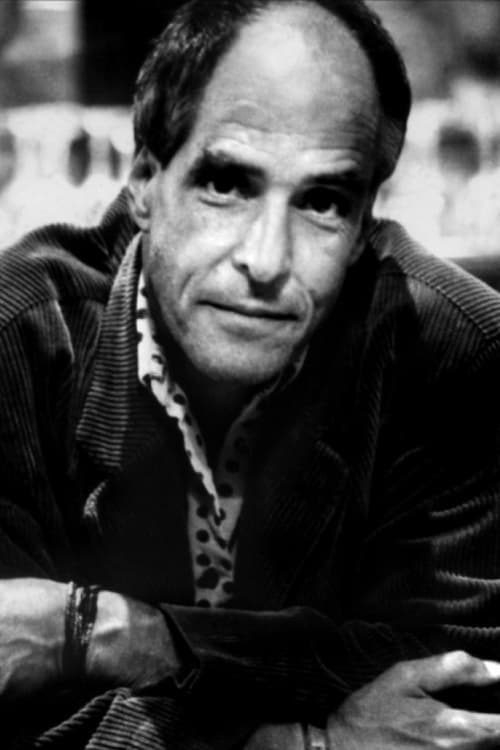
Robert Kramer
ロバート・クレイマー
atau dikenal sebagai
Riwayat Hidup
Robert Kramer (June 22, 1939 – November 10, 1999) was a left leaning American film director, screenwriter and actor.
He directed 19 films between 1965 and 1999, most of them political cinema made from a left-wing point of view.
His film À toute allure was entered into the 1982 Cannes Film Festival.
Description above from the Wikipedia article Robert Kramer, licensed under CC-BY-SA, full list of contributors on Wikipedia.
Info Pribadi
Peran Yang Di Mainkan Robert Kramer
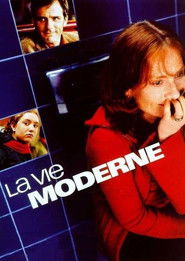 The lives of three people faced...
The lives of three people faced...Modern Life 2000
The lives of three people faced with an uncertain future. Marguerite, 17, is uncomfortable with her family enviroment and turns to God. Claire, who desperately wants a child, encounters again a former lover. Eva asks the unemployed Jacques, who has been left by his wife and his daughter, to find a missing friend.
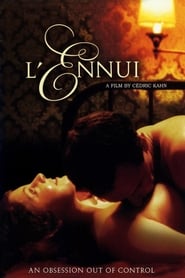 A philosophy teacher restless with the...
A philosophy teacher restless with the...L'ennui 1998
A philosophy teacher restless with the need to do something with his life meets a young woman suspected of driving an artist to his death. He finds the very simple Cecilia irritating but develops a sexual rapport with her. Obsessed with the need to own and tormented by her inability to respond to him, he becomes increasingly violent in a quest he can't name - a quest that slowly begins to undermine his certainties.
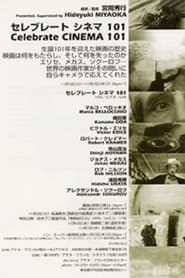 This film project was made in 1996...
This film project was made in 1996...Celebrate Cinema 101 1996
This film project was made in 1996 to commemorate the 100th anniversary of the birth of the cinema.
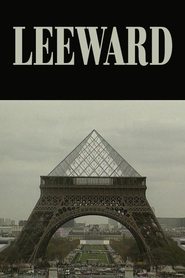 The French Ministry of Culture commissioned...
The French Ministry of Culture commissioned...Leeward 1991
The French Ministry of Culture commissioned films on the cultural decade "en chantiers". Robert Kramer makes one of the six short films that illustrates the cultural side of the decade Mittérand. Here we see a director of cinema in the suburbs of Caen, in her room lined with flower paper. This for art and essay cinema. There, the critic Serge Daney in a sailor's cap, for a chat by the fire. An overview of French cinema today, "Pickpocket" on television. Then back on you. The camera slides on the desk that we imagine to be Kramer's. Finally, the camera flies over Paris, slides along the facades, stops on a window, entering the skylight: "The films invite to see ... I invite you to see Jean Genet's hotel room."
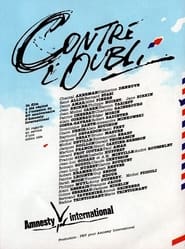 Contre lOubli Against Oblivion is a...
Contre lOubli Against Oblivion is a...Against Oblivion 1991
Contre l'Oubli (Against Oblivion) is a compilation of 30 French filmmakers, Alain Resnais and Jean Luc Godard among them, who use film to make a plea on behalf of a political prisoner. Jean Luc Godard and Anne Marie Mieville's film concerns the plight of Thomas Wanggai, West Papuan activist who has since died in prison. The short films were commissioned by Amnesty International.
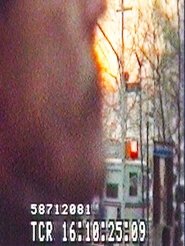 Lyrical video letter by Robert Kramer...
Lyrical video letter by Robert Kramer...Dear Doc 1990
Lyrical video letter by Robert Kramer to his friend Paul McIsaac captured during the editing of “Route One/USA”.
 During a robbery that goes wrong...
During a robbery that goes wrong...Effraction 1983
During a robbery that goes wrong, Valentin Tralande kills his accomplices and bank customers.
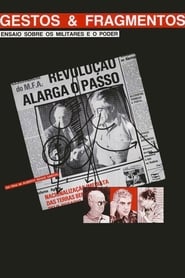 Essay on the Military and the...
Essay on the Military and the...Gestures and Fragments 1983
"Essay on the Military and the Power", a phrase that also belongs to the title of "Gestures & Fragments", sums up the spirit of the film, based on three points of view on the same theme: Otelo Saraiva de Carvalho and Eduardo Lourenço, in their own roles, and the one played by Robert Kramer, as an American journalist bent on seeking explanations for the process of the Portuguese Revolution.
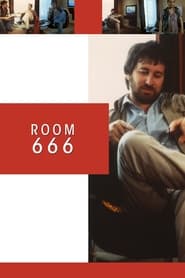 During the 1982 Cannes Film Festival Wenders...
During the 1982 Cannes Film Festival Wenders...Room 666 1982
During the 1982 Cannes Film Festival, Wenders asks a number of global film directors to, one at a time, go into a hotel room, turn on the camera and answer a simple question: "What is the future of cinema?"
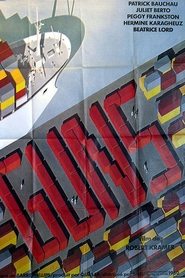 The film concerns a group of...
The film concerns a group of...Guns 1980
The film concerns a group of disparate types who support themselves by running guns to the Arabs. On the surface, it would seem that these characters are bad guys. In fact, the guns are to be used by a resistance group who hope to continue shipping oil to the West, despite the despotic curbs imposed upon fuel shipments by their leaders.
 Cinmaton is a 156hour long experimental...
Cinmaton is a 156hour long experimental...Cinématon 1978
Cinématon is a 156-hour long experimental film by French director Gérard Courant. It was the longest film ever released until 2011. Composed over 36 years from 1978 until 2006, it consists of a series of over 2,821 silent vignettes (cinématons), each 3 minutes and 25 seconds long, of various celebrities, artists, journalists and friends of the director, each doing whatever they want for the allotted time. Subjects of the film include directors Barbet Schroeder, Nagisa Oshima, Volker Schlöndorff, Ken Loach, Benjamin Cuq, Youssef Chahine, Wim Wenders, Joseph Losey, Jean-Luc Godard, Samuel Fuller and Terry Gilliam, chess grandmaster Joël Lautier, and actors Roberto Benigni, Stéphane Audran, Julie Delpy and Lesley Chatterley. Gilliam is featured eating a 100-franc note, while Fuller smokes a cigar. Courant's favourite subject was a 7-month-old baby. The film was screened in its then-entirety in Avignon in November 2009 and was screened in Redondo Beach, CA on April 9, 2010.
 Combining newsreel footage still photographs interviews...
Combining newsreel footage still photographs interviews...Scenes from the Class Struggle in Portugal 1977
Combining newsreel footage, still photographs, interviews, and analytical narration, this documentary focuses on the antifascist, anti-imperialist efforts of labor groups, peasants, and working-class soldiers to liberate Portugal from the control of the government of Antonio de Oliveira Salazar.
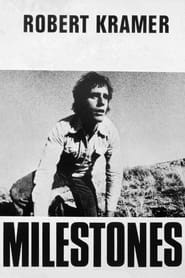 A portrait of those individuals who...
A portrait of those individuals who...Milestones 1975
A portrait of those individuals who sought radical solutions to social problems in the United States during the 1960s and 1970s. Cutting back and forth between six major story lines and more than fifty characters. Exploring the lifestyles and attitudes of the American left during the period following the Vietnam War.
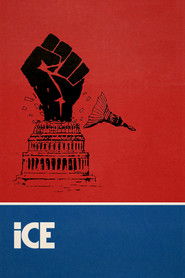 An underground revolutionary group struggles against...
An underground revolutionary group struggles against...Ice 1970
An underground revolutionary group struggles against internal strife to stage urban guerilla attacks against a fictionalized fascist regime in the United States. Interspersed throughout the narrative are rhetorical sequences that explain the philosophy of radical action and restrain the melodrama inherent in the thriller genre.
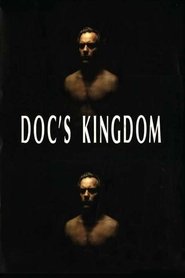 An angry young man goes to...
An angry young man goes to...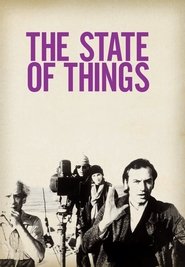 On location in Portugal a film...
On location in Portugal a film...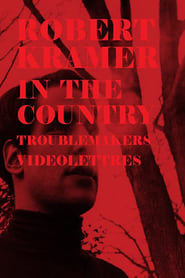 During the Vietnam War a young...
During the Vietnam War a young...